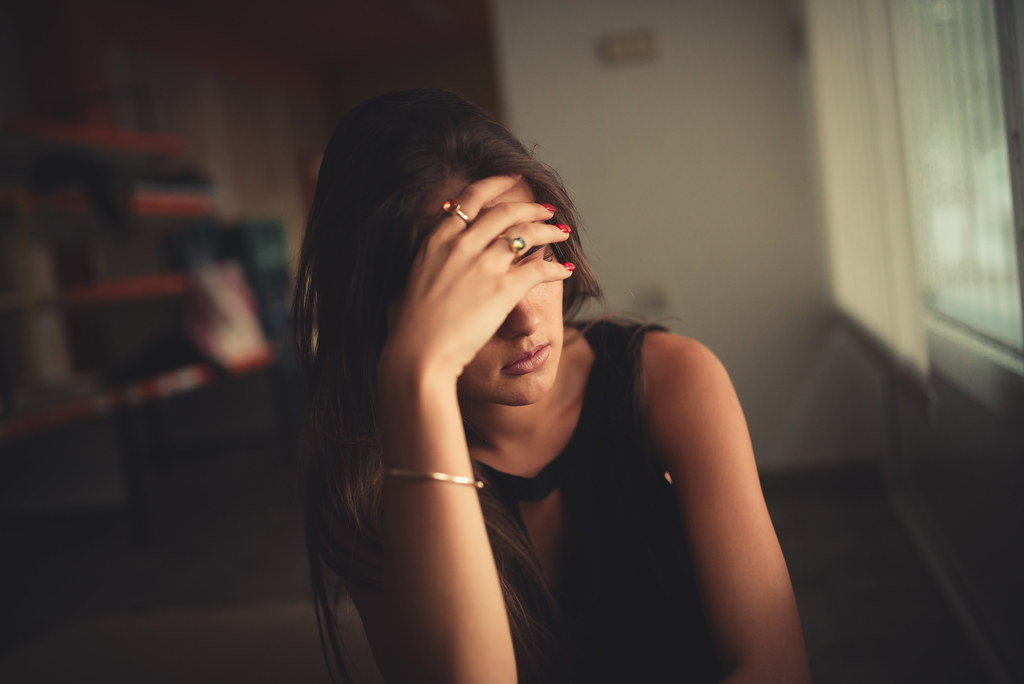By Zahavit Paz
Table of Contents
ToggleAround the world, life has changed due to the coronavirus (a/k/a COVID 19). Cities everywhere are mandating “social distancing” to avoid the exponential spread of this highly infectious virus. People are urged to stay at home and avoid contact with other people. For students and adults with ADHD, this can intensify the sense of negativity that ADHD people feel daily, and lead them to feel depressed, filled with anxious thoughts, feelings of failure, and achieving low performance in various aspects of their life.
It is common for people with ADHD to suffer from anxiety. stress and anxiety Excessive worry interferes with their sleep habits, just at a moment when sleep is needed to boost their immune systems. How can they escape anxiety when they’re housebound and confounded by the prospect of a months-long global pandemic?
Tips for keeping busy and elevating your spirits:
Contact your friends
Staying connected with others is the most important thing at this time. It’s natural for ADHD people and dyslexics: they easily connect with people.
Ask your friends for advice, like how can you lower my risk of contracting the virus. At a time like this, people are willing to give helpful advice. We are all vulnerable and isolated, and our daily routines all feel changed.
Connecting to your friends and even long lost friends using technology, like conferencing software, video chats, skype and social media can relieve the sense of isolation. You may be surprised to discover that most people feel the same way. They are also boarded at home, stressed, and feel anxiety from all the media coverage.
Talk to your psychologist or life coach for ADHD
See a therapist or Life Coach for ADHD; they are specially trained to work with people with ADHD. You can ask for a remote session. Share your fears and increased anxiety , and talk about your feelings.
Perhaps you might discuss the way you feel when you are confronted by the media’s frightening coverage about the virus. Ask for advice on how to relieve your anxiety.
Avoid over-shopping — it creates stress
You go to stores and see people coronavirus crisis. They’re searching empty shelves for household basics that a month ago were of little interest. Rubbing alcohol, peroxide wipes, hand sanitizer gels, gloves, masks, Lysol spray, even toilet paper: now they are all gone, not only from your local stores,
Instead of panicking, coronavirus anxiety spiral check your closets and cabinets for cleaning supplies, food and other basics you may already have at home, like Clorox, vinegar, Windex, frozen food, soup and canned food like tuna.
Tip: Did you know you can use kitchen reusable gloves as long you wash them with soap?
Reorganize Your Home
Start cleaning your home, get your laundry done and improve your hygiene. Organize those closets that you’ve been meaning to get to for awhile. Get rid of stuff you do not use.
Organize all the COVID 19-related essentials that you own: hand washing, sanitizer wipes, Peroxide gloves and masks, and keep them in a separate clean plastic box within reach, ideally close to your front door so that when you leave, times a day or come back in, you can find them.
Relax! Find ways to calm down
Being stressed weakens your immune system. mental health professionals, Psychologists in the field of “psychoneuroimmunology” have shown that state of mind affects one’s state of health. You need to develop methods of coping with this stress, and avoid overreacting to an epidemic that it is uncontrollable and unpredictable.
Stop overdoing the coronavirus pandemic news . Avoid taking unnecessary risks. Practice good respiratory hygiene.
Deepak Chopra’s Tips for Managing Anxiety During Coronavirus Outbreak
So how else can you take control of your sense of fear? By keeping busy. It will keep you out of trouble. Here are a few things you can do that will help:
Work on unfinished projects
People who suffer from ADHD often lose interest in projects, move on to next and end up procrastinating.
It will keep your mind in problem solving mode, generating positive ideas. You’ll feel rewarded, as well as getting some extra dopamine.
Isolation can make you productive. Stay at home, relax — and finish your projects. Do you have photography or art projects that could use some fixing up?
Exercise at home
The CDC recommends indoor exercise.
Now is a perfect time to set up your home gym. Most gyms are closed, and it’s safer in any case to workout from home to prevent Coronavirus spread. For a home gym you don’t need much more than a mat.
If you don’t have one, use your carpet or a towel. For most workouts, you do not need lots of equipment.
Youtube has many feel-isolation-anxiety as well as video for yoga, pilates and stretching.
Organize your closet
You can keep very busy — there are even videos on youtube and Netflix on coronavirus epidemic anxiety . Learn how to sort out the stuff that fills our closets yet never use.
Marie Kondo expert how to organize your closet
Get cooking
Cook at home when you have time — it can be fun, and good for your health. There are many recipes on the internet on immune-boosting food.
Boost your immune system
As there is no proven magic tablet that can fight coronavirus covid-19, we wonder, “How can we boost our immune systems?” The reality is that we can only improve our overall well being. We can only practice good health. Here are a couple of ways to help your body along:
- Get enough sleep
Sleep is very important to the functioning of your immune system — and stress weakens it. People with ADHD often suffer from lack of sleep.
Lack of sleep can make you sick
- Learn about supplements
There are many supplements that claim they can elevate your immune system. Here some suggestions:
Vitamin D 3 and immune system
Quercetin
(Some studies shows it may help with symptoms of ADHD )
B-12
Oregano oil extract
Elderberry – can minimize signs of flu
Garlic
Ginger -A chemical compound found in ginger called “gingerol” may fight infection
If you take supplements, remember to consult a medical professional. some supplements may conflict with other medications you are currently using.
Seeking advice from a dietitian, nutritionist, or a functional medicine doctor can help you to reducing your risk, improve your lifestyle in general.
All we can do is hope and pray that we can emerge wiser and more resilient and that we learn to cope with (COVID-19). We hope this will bring our communities closer together and make them stronger.
Photo Credit: Nenad Stojkovic | Flickr Zahavit Paz is a co-founder of LD Resources Foundation. She’s a graduate of CUNY Graduate disabilities study program. She is often a presenter on Assistive Technology at professional conferences in schools and colleges and has written extensively on her personal struggle with Dyslexia and ADHD. She is an advocate for individuals with LD and provides resources and information through the LDRFA website. More info about Zahavit Paz.
Zahavit Paz is a co-founder of LD Resources Foundation. She’s a graduate of CUNY Graduate disabilities study program. She is often a presenter on Assistive Technology at professional conferences in schools and colleges and has written extensively on her personal struggle with Dyslexia and ADHD. She is an advocate for individuals with LD and provides resources and information through the LDRFA website. More info about Zahavit Paz.


